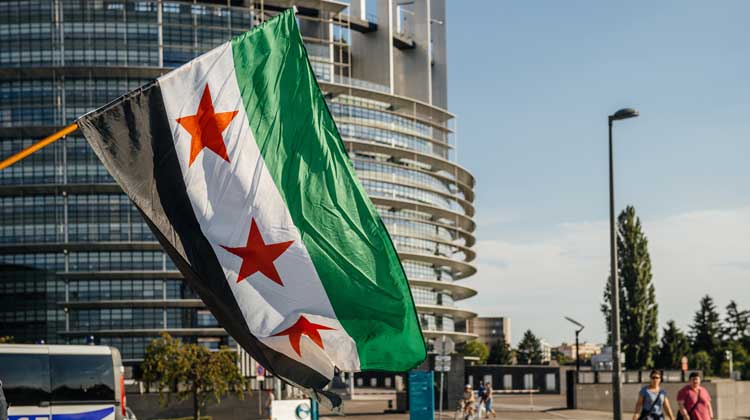
For the second time in a year, President Trump took military action to punish Syrian President Bashar al-Assad for his use of chemical weapons against his own people. However, the U.S.’s long-term strategy for moving forward in Syria remains unclear.
The Trump administration is recalibrating Syrian policy as it relates to Assad’s use of chemical weapons. However, Trump should be mindful of what Winston Churchill once said: “Never, never, never believe any war will be smooth and easy, or that anyone who embarks on the strange voyage can measure the tides and hurricanes he will encounter. The statesman who yields to war fever must realize that once the signal is given, he is no longer the master of policy but the slave of unforeseeable and uncontrollable events.”
Army General David Petraeus posed a question when he commanded the 101st Airborne Division in early 2003: “How does this war end?” For the past 15 years, the U.S. is no closer to the answer in Iraq, let alone Syria.
Historically, the U.S. has pursued a strategy of winning by military means. However, U.S. government leaders should focus instead on a strategy of shaping peaceful resolutions that secure the strategic objectives the U.S. ultimately is trying to establish.
What Is the Syrian Strategy Now?
President Trump now deals with another chemical weapons attack by Assad against his own people and a military response aimed at punishing Assad. But is the Trump administration focusing on the right strategic objectives in Syria or is the debate only about how and when to extricate the U.S. from Syria?
Continue reading here.
Share